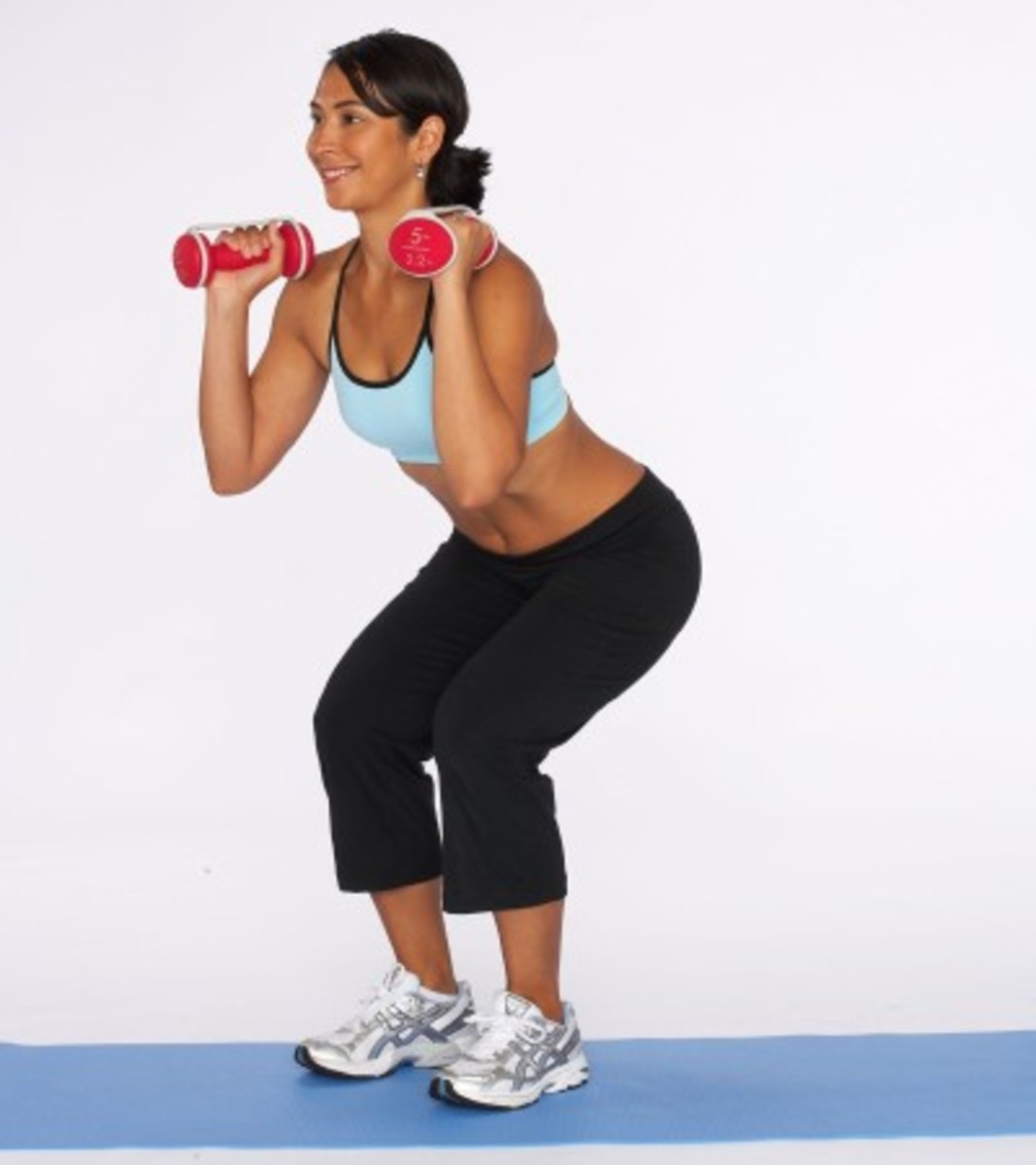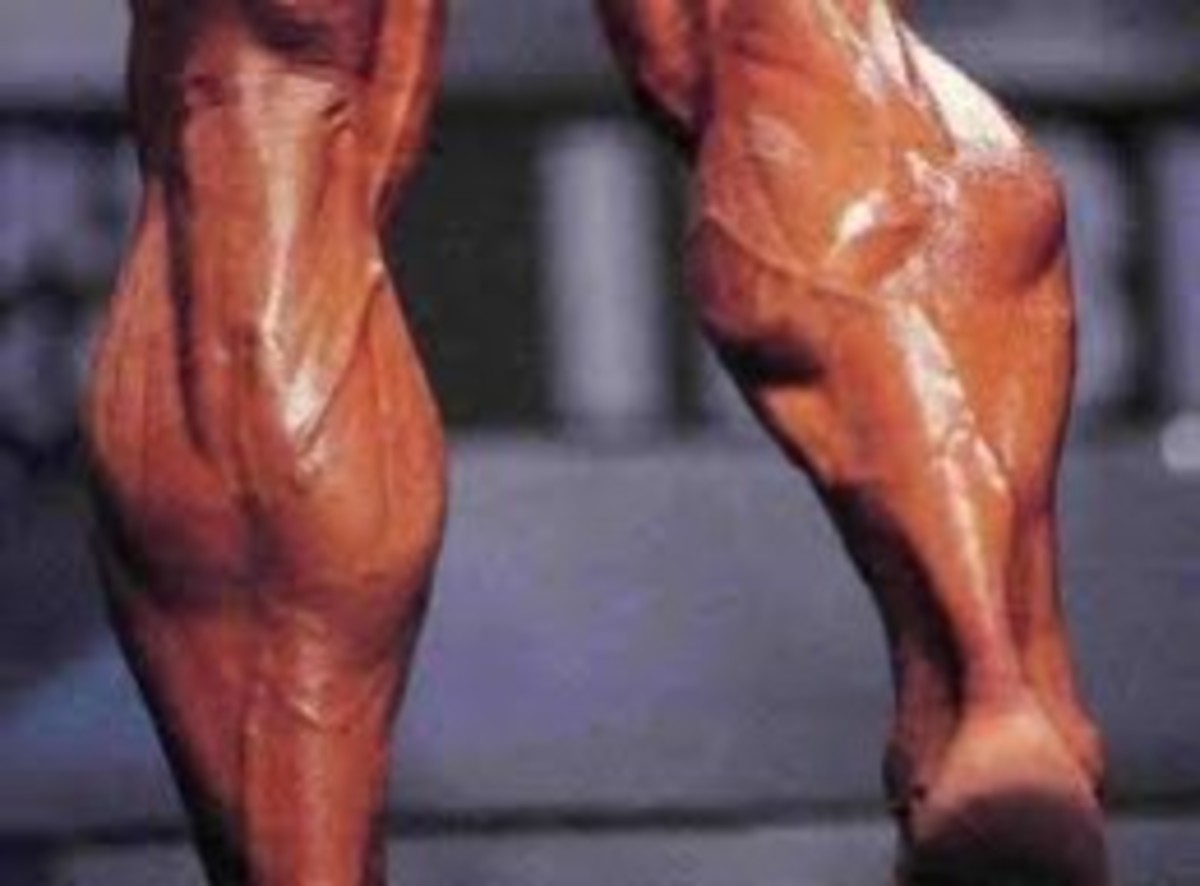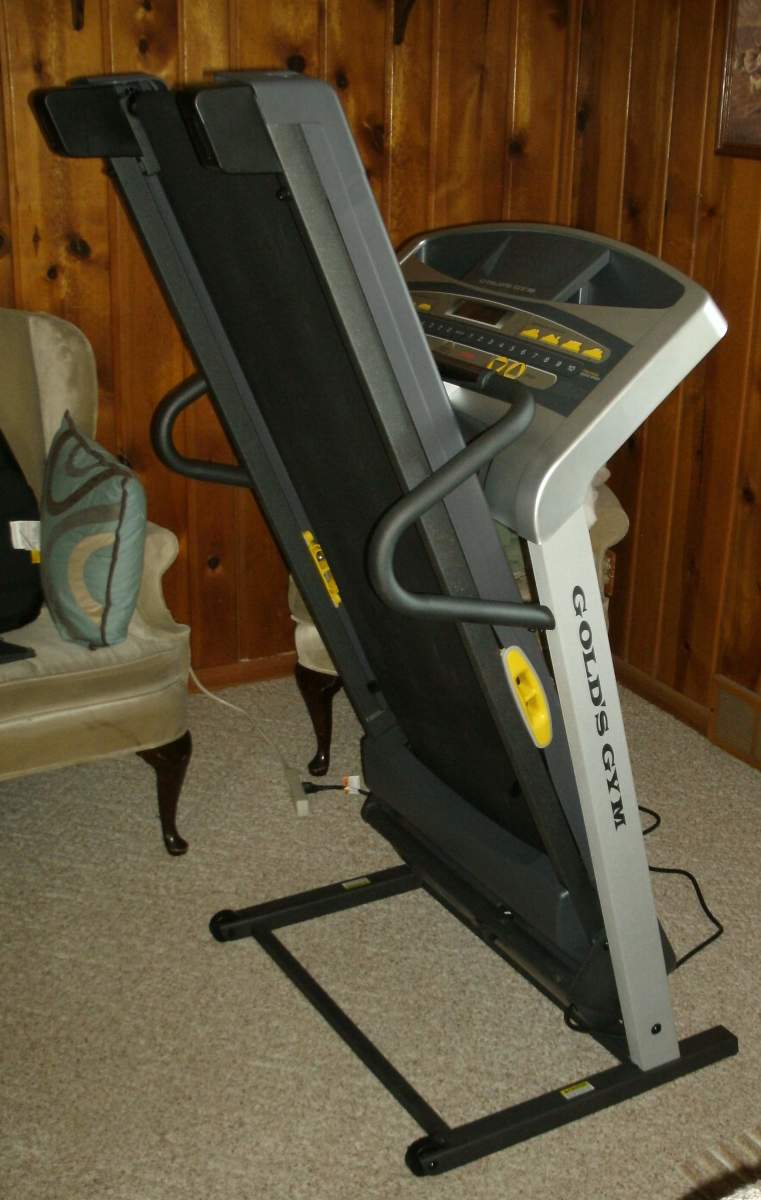Should You Workout When You Are Sick Or Have Flu?
Should You Go Through Physical Training When You're Sick?
Considering the fact that most of us are highly concerned about keeping fit nowadays, there come times when we lack physical strength and are left in a dilemma of whether to continue exercise or not. When we fall sick, the immune system of our body becomes weak. We tend to feel weak and tire easily. Now here comes the question. Will physical exercise cause more harm to our body or will we recover faster due to the amount we sweat? Let's take a look into this.
For other great health and fitness articles check out this link >> FITNESS MONARCHY
How Being Sick Can Effect Physical Performance
Any illness can decrease the strength of our body and capability to bear physical toil. Therefore, if you are working out during your illness, your performance is bound to worsen. You will not feel the same stamina that you generally do on your fit days. Weakness captivates your body and you end up feeling nauseated easily. Heavy training during your illness causes the reverse effect on your body and makes you more prone to weakness. As a result, your performance in the gym or on your morning track will not be up to the mark and you must accept it. If you work out with fever up to 100, 101 degrees, your coordination, concentration, cardiopulmonary output reduces. Your temperature regulation gets messed up, and dehydration becomes a bigger concern whilst sweating. You need to be sure to get adequate rest and hydration, try drinking more water than you would usually and giving because rest periods.
Sicknesses And To What Extent You Can Train With Them
Which are the illnesses that you can manage to train with and which are not? The answer depends completely upon you. There is a famous test called the neck test. If the problem is above the neck, like light sneezing or headache, hitting the gym can be fine for you. Anything below the neck like fever, congestion, cough, muscle ache, can be tricky to deal with and best left undisturbed. Fever is caused due to the rise in body temperature. Working out, on the other hand increases body temperature so that can have an adverse effect. It's better not to increase the body temperature above optimum level so if you're suffering from fever/flu, it is advisable not to visit the gym. On the other hand, congestion can create breathing problems. Therefore excessive running or perspiration will not be suitable in this condition. The main thing i tell my clients is, if you feel good, do it, otherwise don't.

Consequences Of Physical Exercise When You Are Sick
Illness are a disturbance to your daily comfortable routine. It often causes frustration to people who take their physical training very seriously. The inability to perform during your illness is the main reason for this frustration. However, during these times, you should not push yourself to work hard however tempting that may be. The load which your body cannot bear can lead to difficult situations. Continuing your training at the same pace can slow down the recovery from your illness as well as damaging your immune system. In that case, your temporary discomfort may lead to a major complicated issue and cause post viral fatigue. Illness should be treated like an injury. It should be given time to heal gradually. Easing your way in after you have started recovering is recommended, instead of going back to your normal routine straight away. This way, your illness gets a way to resist the physical workout and starts to recover.
Go With The Pro!
Before you start following any regiment or advice, you should always know what the experts in that field do. Similarly, you should also know what the pro athletes follow when they fall sick? Do they rest their body or continue with their tough routine? This is what i found after some research.
If it’s above the chest, then basically they can do what they feel like doing. If their ears are stuffed up, their nose, their sinuses, with just a little bit going down the throat, they can cut back a little bit, but usually it’s fine to exercise. They may not feel so great but usually they can do pretty much what they want to, maybe cut back a bit to a moderate workout of 60 to 75 percent of their normal routine.
If the condition is worse, that is the symptoms show below the neck, they prefer to rest themselves. When you work out, you actually improve the endurance of your immune system but when you catch flu, your immune system is already working at it. At this point, putting pressure on your body may not be wise. It is a popular myth that more physical exercises increase the resistance of your body. Of course it does but sickness has its own terms.
Capacity Is The Priority
Physical exercises should be continued up to when your body can tolerate it. Overdoing the routine leads to harmful long term effects. Though it is universally accepted that keeping fit is the remedy to most illnesses, your body still asks for some rest at times so it is wise to listen to nature and slow down your pace for a while. Gradually picking up the pace is the key. Even if you are a fitness freak, just let your body chill when you don't feel so good. It is for the better and a long needed break asked by your body. Try to think long term, as long term it will be better for you to give yourself adequate rest when ill.
© 2019 Ben Smith








